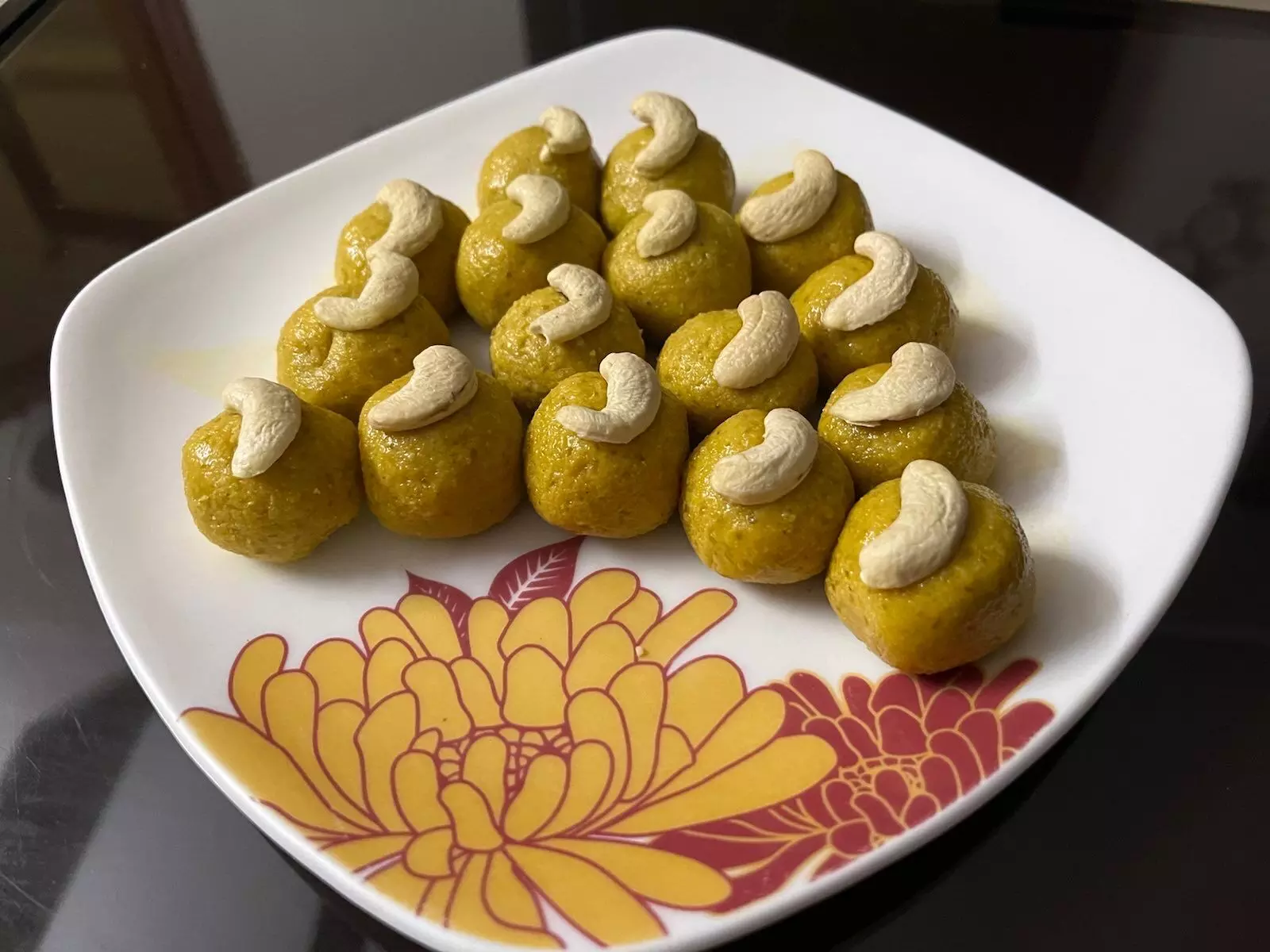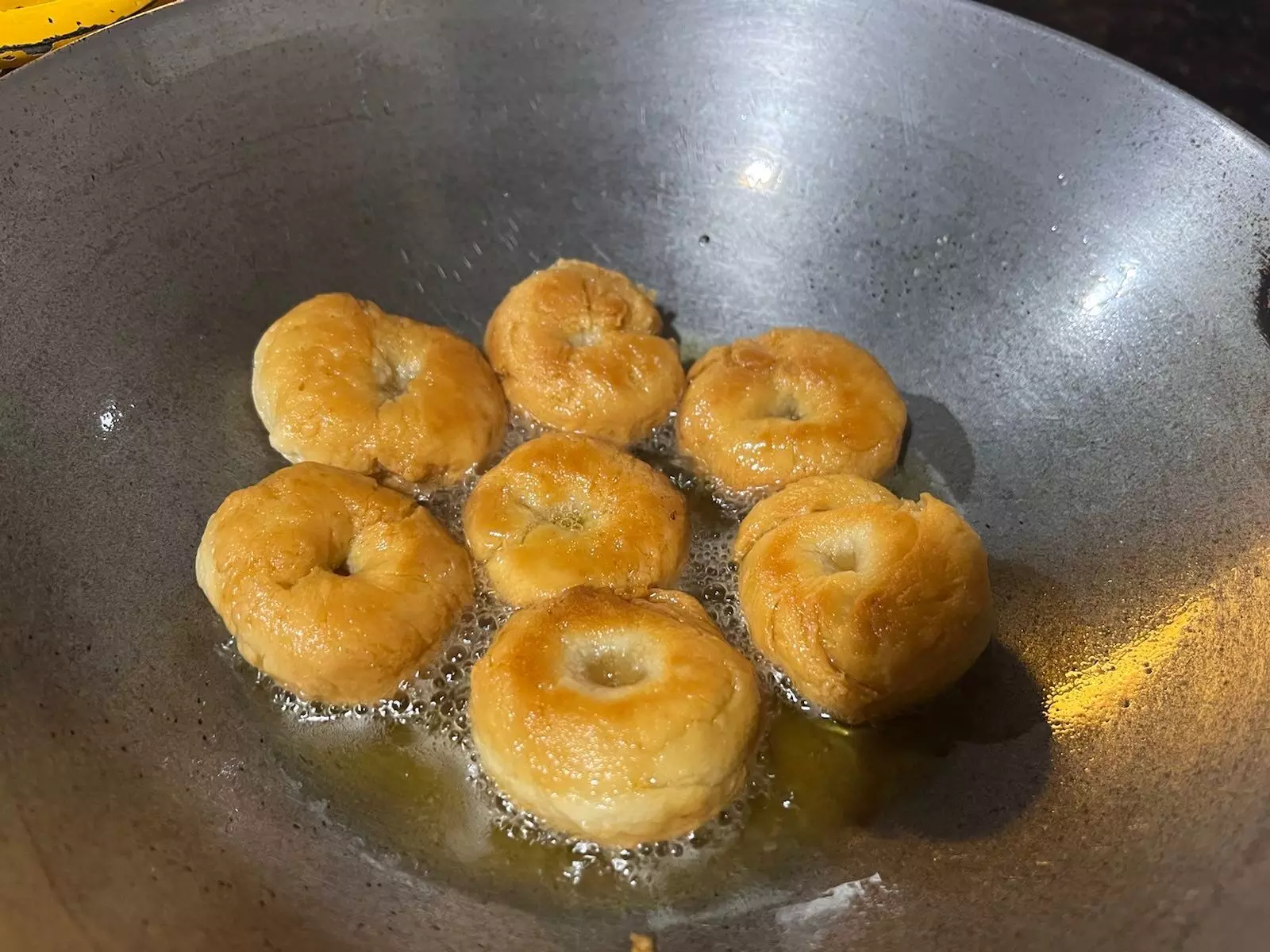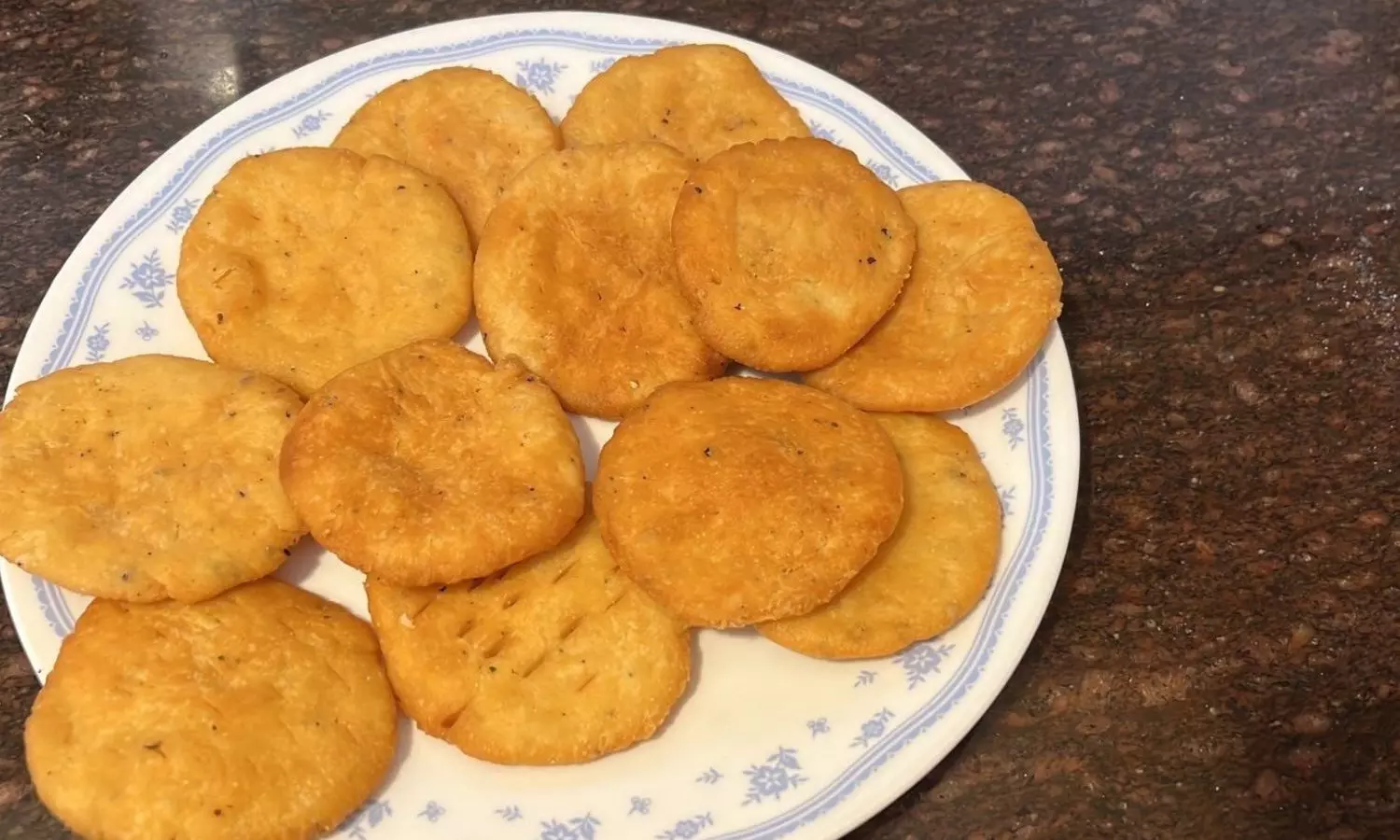Diwali is synonymous with laddus, burfi, kaju katli, gulab jamun, kheel-batasha, puran poli, suji halwa and more. In India, these traditional sweets joyously celebrate the triumph of love over everything else.
The dining tables in most Indian homes are groaning under the weight of boxes of sweets and over indulgence is all. But there is always a worry about the quality of shop-bought sweets. There are questions over the ingredients used and how hygienically they are prepared.
There are a growing number of people going back to practices of the good old days when mothers and grand mothers turned out mounds of sweets at home. Making sweets at home ensures there is no adulteration, the sweets are fresh and delicious.
Equally important is the fact that the traditional recipes are our cultural legacy that needs to be preserved. And, in an over-commercialised world, making sweets at home to give to loved ones is a beautiful way to say ‘I care for you’.
Here are some easy recipes of sweets and savoury, that are tasty and healthy.
Also Read: Deepavali and lehyam love

Tagar gives that grainy texture to the besan ladoos.
Besan Laddu Recipe
1 cup ghee (clarified butter)
3 cups besan (gram flour)
2 cups sugar
1/4th cup water
Green cardamom powder – half tsp
Method
Heat ghee in a kadhai. Add besan and roast on medium low flame till the colour starts to change and the aroma of besan fills the kitchen. The ghee will start to separate at this stage. Sprinkle some water and cook again for another five to seven minutes. This will ensure a perfect grainy texture to the finished besan ke laddu. Turn off the gas and let the mixture cool.
Tagar recipe: Tagar is nothing but powdered specially prepared to make laddus. To make it, add sugar in a pan and keep it on the flame. Add 1/4th cup of water and let the sugar dissolve. Once the sugar is dissolved and it starts to stick to the sides of the pan, add two tbsp of ghee and turn off the gas immediately. Keep mixing continuously with a spoon till the sugar begins to dry and crystallise. Keep stirring to avoid lumps forming. Let it cool completely. The tagar is now ready and can be stored in an airtight container for future use also. Tagar gives that grainy texture to the besan ladoos.
Making laddus
Add green cardamom powder to the cooled besan mixture. Start adding tagar, add one cup in the beginning and mix well with your hands. Check the sweetness and adjust it by adding more tagar.
Start making lemon sized balls with hands, roll them well and garnish with either pista or cashew. Spread sweetness, spread happiness on Diwali.
*******
Balushahi Recipe
Maida – 2 cups
Ghee – 1/2 cup
Cold water – 1/2 cup or little more
Baking powder – 1/2 tsp
Salt – 1/2tsp
For Sugar Syrup:
Sugar – 2 cups
Water – 1 cup
Cardamom – 5-6 pieces
Saffron – one pinch
Method
To make sugar syrup:
Place a wide pan on low flame. Add sugar and water. Keep mixing. Once the sugar dissolves, add saffron dissolved in water to it. At this stage add a few drops of lemon juice. It will ensure that sugar syrup won’t crystallise. Let it simmer for sometime till it starts to change its consistency.
Mix maida, baking powder and salt. Now add ghee and water together. Mix everything together, taking care not to over knead it. Just bring everything together. Let it rest for 15 minutes.

Take the balushahi out once they are light brown and straight away dip them in warm sugar syrup.
For making halwaai style balushahi, flatten the dough with your hands and divide it into two parts. Layer these one above another. Flatten it again and repeat the process of dividing into two parts and layering one above another five to six times. More the layers, fluffier the balushahi.
Let it rest for 10-12 minutes again. Now make smooth, long cylindrical rolls out of it. Cut these into equal sizes and make lemon sized balls. Press these slightly with your hand and then make a depression with your thumb at the centre of each ball.
Take a kadhai and heat oil on medium low flame. Fry all the balushahi in one go, if possible! Make sure to use a wide pan as these will become fluffy when fried. Fry on one side before turning them over. Balushahi will start to float and that signals these are fried well.
Take them out once they are light brown and straight away dip them in warm sugar syrup. Yes, the syrup has to be warm. Soak for three to four minutes and then turn on the other side and let it soak again. Take them out and let the sugar syrup coating set for a while. Garnish with chopped pistachios and have a happy Diwali.
*********
Mathri Recipe
1 cup maida (refined wheat flour)
1 tbsp sooji (semolina, finely grind)
1 tsp besan (gram flour)
half tsp crushed black peppercorn
2 tbsp or little more ghee
1/4th cup cold water for kneading
Oil for frying

Mathri tastes wonderful if fried on medium low heat.
Method
Take maida in a kneading bowl. Add sooji for the lasting crispiness, and besan for freshness and softness. Very little besan should be added so that its taste is not felt while eating mathri.
Add freshly crushed peppercorns, salt to taste and mix all the dry ingredients. You can also add dry kasoori methi leaves or red chilli flakes to it for some additional taste. Now add ghee to the flour mixture. Ghee can be around 1/4th the quantity of maida. Adding ghee at this stage ensures that the mathri remains crispy and yet soft.
Add cold water immediately after ghee. Cold water solidifies the ghee and doesn’t increase the temperature while the kneading process is on. Cold ghee melts when mathri is fried and that gives extra freshness, softness and crunchiness to mathri. Knead the flour mixture in such a way that it remains towards the tighter side. Cover and let it rest for 30 minutes.
Take oil in a kadhai. Heat it on medium flame. From the dough, take amla sized balls and roll them flat and round. With a fork or knife prick the mathri surface so that they don’t become fluffy and airy while frying. Keep all the mathri ready like this. Fry in batches.
Make sure to reduce the heat in between. Mathri tastes wonderful if fried on medium low heat. The oil seeps deep into the mathri and makes it crispy from inside as well. Enjoy this savoury with other mithai on Diwali.




















